If there’s one plant that has the potential to reshape our world, it’s hemp. Often misunderstood and underappreciated, this versatile crop is making a phenomenal comeback. The Industrial Hemp Revolution is not just a catchy term—it’s a movement aiming to transform industries and promote environmental sustainability.
Hemp has been used for thousands of years across different cultures, and for good reason. It can be turned into almost anything: paper, fabric, biodegradable plastic, even fuel. But it’s not just about what it can make—it’s about what it can replace. By supporting the hemp industry, we are making a conscious choice to move away from environmentally harmful materials.
Not only that, but, hemp farming itself offers numerous benefits. This wonder plant improves soil health, requires less water, and absorbs more CO2 than typical crops. It’s a true champion in the fight against climate change.
Stay with me as we delve deeper into why embracing the Industrial Hemp Revolution is a step toward a brighter, more sustainable future.
The Origins of Industrial Hemp
Hemp’s story starts thousands of years ago, stretching back to ancient civilizations. This extraordinary plant was first cultivated in China around 8,000 BC. Hemp quickly spread across the world and became a staple crop in numerous cultures, valued for its strong fibers and medicinal properties.
Originally, hemp was used for making practical items like ropes, textiles, and paper. Its importance can’t be overstated. For instance, sailors depended on hemp ropes and sails, ensuring safe voyages across treacherous seas.
Ancient Uses of Hemp
In ancient India and Egypt, hemp was crafted into durable fabrics and even used in early forms of healing. Meanwhile, in Europe, it became a crucial agricultural commodity, woven into the fabric of everyday life.
By the 1600s, hemp had made its way to the New World. Colonists in North America were even legally required to grow it! Its versatile nature made it indispensable for everything from clothing to shipbuilding materials.
So, when you think of hemp, picture civilizations thriving thanks to its versatility. This time-tested crop is now returning to the spotlight, ready to redefine modern industries and contribute to a more sustainable future.
The Environmental Benefits of Industrial Hemp
Hemp isn’t just versatile; it’s also incredibly eco-friendly. Growing hemp requires significantly less water compared to other crops like cotton. Plus, it doesn’t need heavy doses of pesticides or herbicides, making it gentler on the environment.
One of hemp’s superpowers is its ability to restore soil health. Known as a phytoremediator, hemp can cleanse soil by removing harmful toxins and heavy metals. This property makes it an excellent rotational crop, keeping farmland productive and sustainable.
Carbon Sequestration
Hemp is a champ at absorbing carbon dioxide—a major greenhouse gas. In fact, it can sequester more CO2 per acre than most forests. This means cultivating hemp can help mitigate climate change by reducing the carbon footprint of agriculture.
Additionally, every part of the hemp plant can be utilized, leaving virtually no waste. Its fibers, seeds, and even the roots have valuable uses, from making biodegradable plastics to nutritious food products.
If you’re looking for an environmentally responsible crop, hemp ticks all the boxes. It exemplifies how we can align agricultural practices with environmental stewardship, paving the way for a greener, more sustainable future.
Industrial Hemp Vs. Traditional Materials
When it comes to sustainability, industrial hemp often outshines traditional materials. For example, consider cotton. Cotton farming is notorious for its high water usage and heavy reliance on pesticides. In contrast, hemp grows efficiently with minimal water and little to no pesticides.
Durability and Versatility
Industrial hemp fibers are incredibly strong, often stronger than cotton, which makes them ideal for textile production. Hemp fabrics are not only durable but also naturally resistant to mold and UV rays. This makes clothing and accessories made from hemp last longer compared to those made from conventional materials.
Wood is another traditional material that hemp can effectively replace. Hemp can be processed into a material known as hempcrete, which is used in construction. Hempcrete is lightweight, durable, and excellent for insulation, providing a greener alternative to concrete.
Even when it comes to plastic, hemp proves to be a winner. Traditional plastics are derived from petroleum and are a major pollutant. Hemp-based bioplastics, on the other hand, are biodegradable and can significantly reduce the environmental impact of plastic waste.
Cost-Effectiveness
Although initial costs can be higher, hemp products often prove to be more cost-effective in the long run due to their durability and low maintenance. For instance, hemp paper lasts far longer than traditional paper and can be recycled multiple times, reducing the need for constant replacements and leading to long-term savings.
Switching to industrial hemp from traditional materials isn’t just a temporary trend; it’s a strategic move towards a sustainable and economically viable future.
The Economic Impact of Supporting Industrial Hemp
Let’s talk dollars and cents for a moment. Supporting industrial hemp not only benefits the environment but also gives a considerable boost to the economy. How so, you ask? Well, for starters, hemp farming creates jobs. From farmers to factory workers, the entire supply chain sees an uptick in employment opportunities.
Hemp also paves the way for new industries to flourish. The versatility of hemp means it can be used in various products ranging from textiles to biodegradable plastics. As these new markets grow, so does the potential for economic expansion, providing a fresh revenue stream for businesses and entrepreneurs alike.
Local economies, in particular, stand to gain a lot. Farmers can diversify their crops and reduce dependency on less sustainable options. This shift can lead to more stable incomes and less financial stress for agricultural communities.
Another key point is, investing in hemp can lead to cost savings for governments. How? Since hemp requires fewer pesticides and water compared to some traditional crops, the environmental toll is reduced. This translates to lower costs for environmental clean-up and health issues related to pesticide exposure.
Consumers also benefit economically. While hemp products can sometimes come with a higher upfront price tag, their durability means less frequent replacements. Over time, this can result in significant savings.
All in all, supporting industrial hemp is not just an ethical or environmental decision but a smart economic move as well. It creates jobs, fosters innovation, and ultimately leads to a more sustainable and prosperous economy.
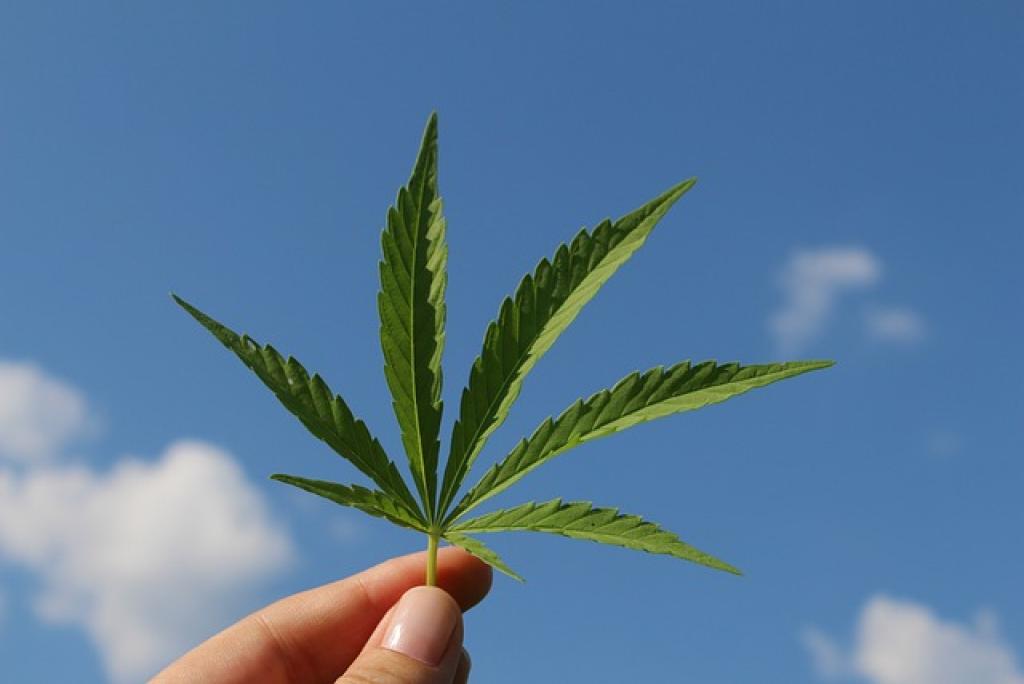
Dispelling Myths and Misconceptions About Industrial Hemp
Let’s clear the air about industrial hemp. Despite its close relationship with marijuana, they are not the same plant. Hemp contains only trace amounts of THC, the compound responsible for the “high” in marijuana. In other words, smoking a field of hemp will not get you high.
Myth: Hemp is Marijuana
This misconception has led to unnecessary regulations and public fear. The reality is that hemp is bred to contain less than 0.3% THC, making it impossible to use as a psychoactive drug. Its primary use is industrial, aimed at creating textiles, paper, and even building materials.
Speaking of building materials, another common myth is that hemp farming depletes the soil akin to crops like cotton. This couldn’t be further from the truth. Hemp actually enriches the soil with nutrients and requires less water and fewer pesticides.
Myth: Hemp is Environmentally Harmful
Hemp has deep roots that prevent soil erosion and improve soil quality over time. Some farmers even use hemp in crop rotation to help rejuvenate the land between other planting cycles. So, instead of stripping the earth bare, hemp gives back to the environment.
Then there’s the misconception that growing hemp is illegal everywhere. While it’s true that legal restrictions can be confusing, many countries including the U.S. are now embracing hemp farming. Legal frameworks are slowly but surely evolving to support and regulate this crop responsibly.
Understanding the real facts about industrial hemp can go a long way in dispelling these myths. When more people know the truth, we can pave the way for hemp to take its well-deserved place in a sustainable future.
Current Challenges and Future Opportunities
While industrial hemp has tons of potential, it’s not all sunshine and rainbows. Let’s dive into some of the challenges that hemp farmers face today.
One of the biggest hurdles is the regulatory landscape. Even though many places have started to legalize hemp farming, navigating through the maze of rules and restrictions can still be a headache. Farmers often have to invest time and money into compliance to ensure they don’t accidentally cross the legal boundaries.
Financial Barriers
Then there’s the financial aspect. Starting a hemp farm isn’t cheap. The initial investment in seeds, equipment, and labor can be daunting. Not to mention, hemp farmers may struggle to find insurance and banking services that are willing to work with them given the plant’s controversial history.
Another significant challenge is market acceptance. Even with growing awareness, convincing consumers and businesses to switch to hemp-based products can take time. There’s still a lot of educational work to be done to shift public perception and boost demand.
Bright Future Ahead
But don’t lose hope—there are plenty of opportunities on the horizon! With improvements in technology, hemp farming could soon become more cost-effective and efficient. Innovations in processing and product development are opening new avenues for hemp in industries like fashion, construction, and even biofuel.
Additionally, as more research is conducted, we’ll continue discovering the plant’s full potential. Imagine a future where hemp-based plastics replace traditional ones, significantly reducing our carbon footprint. Or, think about using hemp in bioremediation to clean up polluted environments.
So while there are challenges, the future for industrial hemp is full of possibilities. With continued research, education, and innovation, hemp could truly revolutionize industries and contribute to a more sustainable world.
The Bottom Line: Embracing the Industrial Hemp Revolution
In summary, industrial hemp is more than just a plant; it’s a game-changer. From its eco-friendly benefits to its versatility in various industries, hemp has the potential to make a significant impact. Yes, there are hurdles to overcome, but the opportunities far outweigh the challenges.
Let’s consider the environmental benefits. Hemp requires fewer pesticides and less water than many conventional crops. It can restore soil health and even help reduce carbon emissions. These green credentials make hemp an attractive option for sustainable farming practices.
Not to mention, hemp is no one-trick pony. It can be transformed into clothing, biofuel, building materials, and more. The advancements in technology and research are continually unlocking new uses, proving that hemp is a viable and valuable resource.
It’s natural to question the financial viability and regulatory barriers, but the increasing acceptance and legalization are promising signs. Farmers and entrepreneurs entering the hemp market now are pioneers paving the way for mainstream adoption.
Governments and businesses are gradually recognizing hemp’s potential, leading to more supportive policies and investments. This positive shift creates a ripple effect, fostering more innovation and growth within the industry.
To sum it up, embracing the industrial hemp revolution isn’t just about jumping on a trend; it’s about investing in a sustainable and diverse future. By supporting hemp, we contribute to environmental conservation, economic growth, and endless innovation.
So, let’s get excited about the possibilities. The industrial hemp revolution is here, and it’s time we all took part in it. 🌿

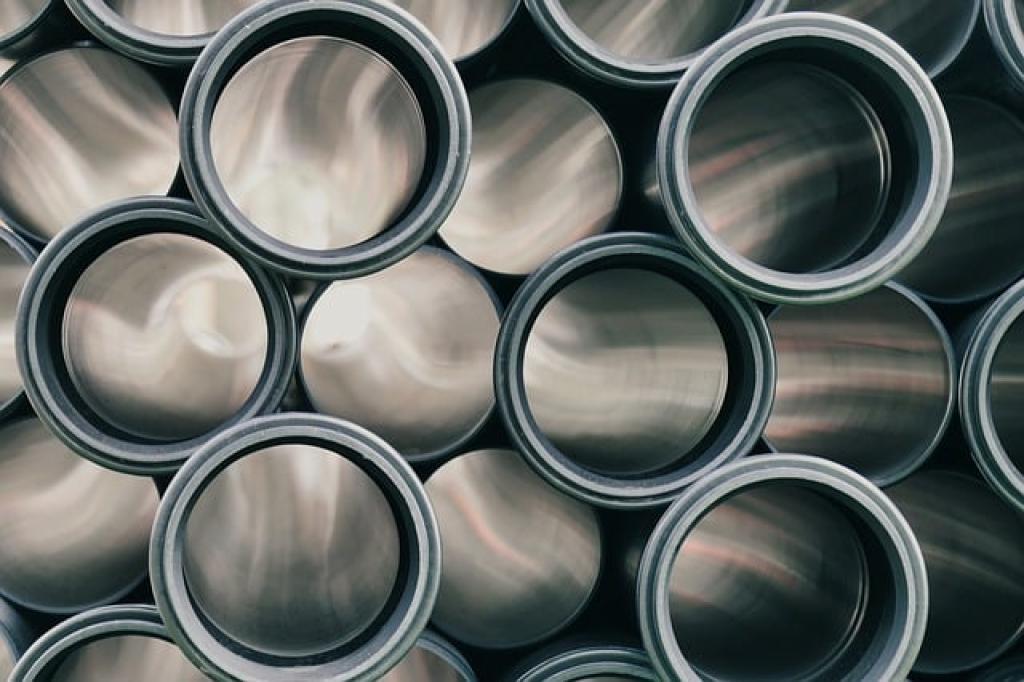
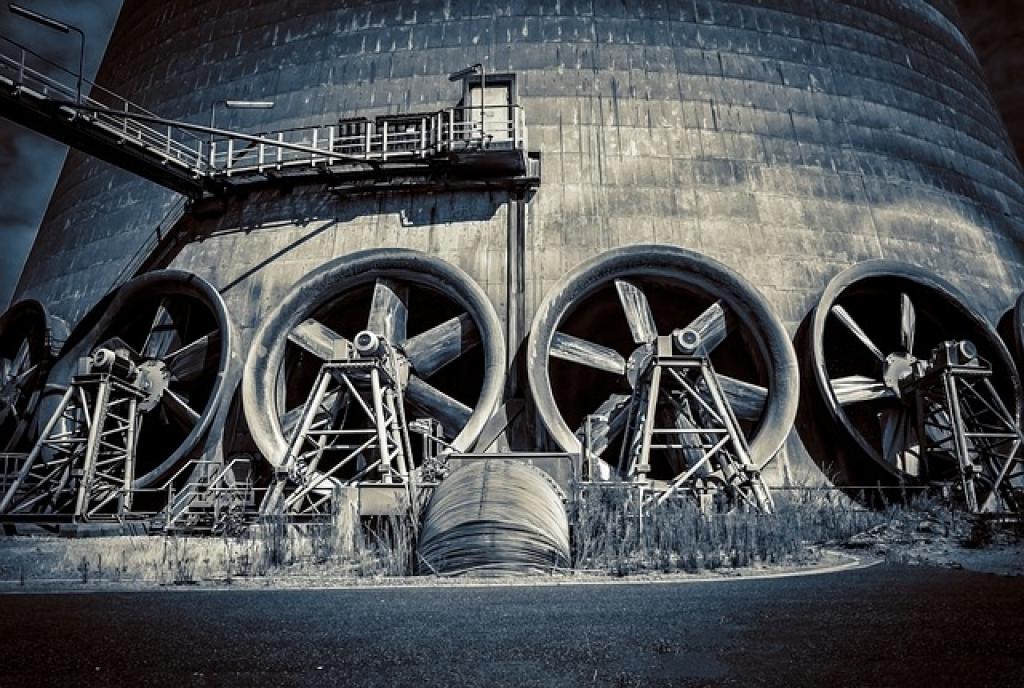
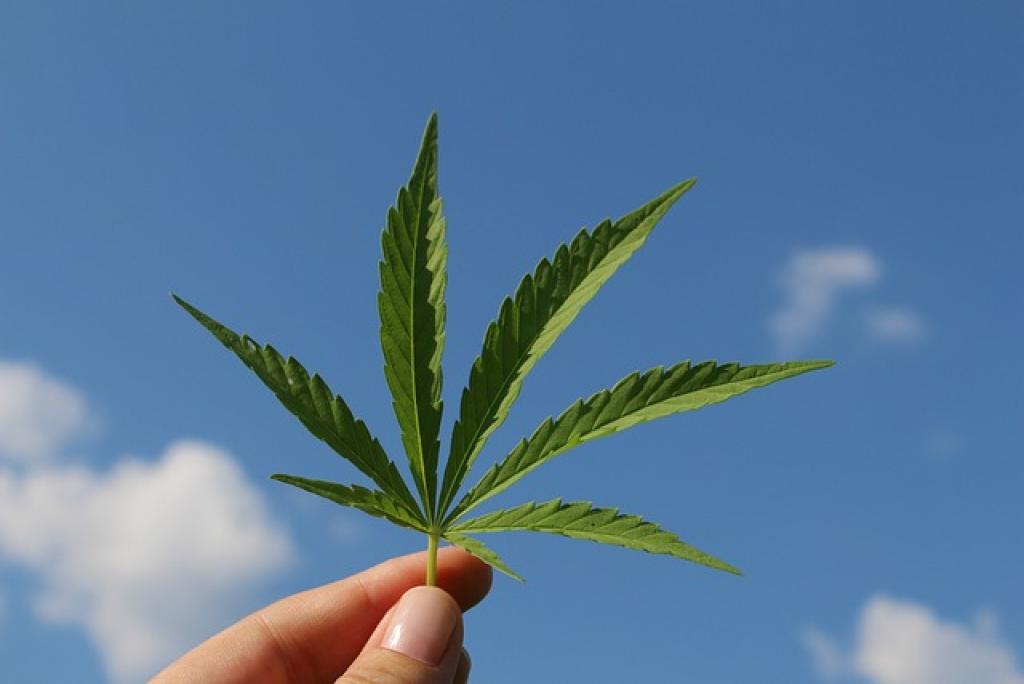
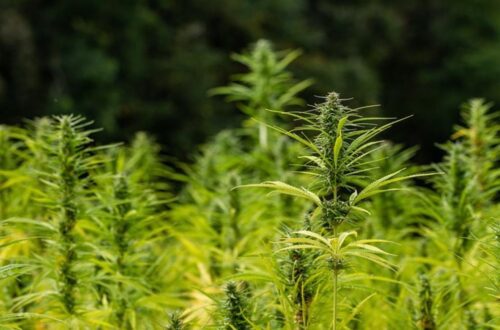
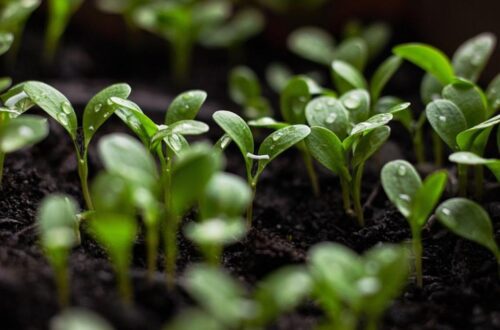

8 Comments
Kavitha
Wow, what an enlightening article! I really appreciate the comprehensive dive into the potential and benefits of industrial hemp. Your enthusiasm for this versatile plant is infectious.
The historical context you provided was fascinating learning about hemp’s ancient uses and how it was a staple crop for various civilizations really underscores its importance. It’s amazing to think that something so old can be so revolutionary today. The environmental benefits of hemp are truly impressive. I had no idea it could improve soil health and sequester more CO2 than most forests. These points alone make a strong case for why we should be championing hemp farming.
Overall, your article paints a compelling picture of why embracing the Industrial Hemp Revolution is not just beneficial but necessary. It’s inspiring to think about the positive impact this could have on our environment and economy.
Thank you for shedding light on such an important topic. I’m definitely more motivated to support the hemp industry after reading this. Keep up the great work!
Stacie Fortson
Kavitha,
I am glad that my enthusiasm was contagious! The Hemp plant has so very much to offer us, we just need to grow it and utilize it for all it has to offer. We will be rewarded 10 fold.
Welcome to the Industrial Hemp Revolution! The only Industrial Revolution with ‘Going Green’ on the agenda.
Stacie Fortson, GGWHSF
Sariya
Hey a great post you have created here!
I totally agree with you when you say hemp is an under appreciated product. Not many people know of its benefits like myself. It’s only when coming across posts like these that I have learnt a lot about these plants. That is a really interesting thing to learn, hemp does seem to be very versatile by the looks of it and since it has been known to mankind for a while I guess it really is useful!
Thanks again for this information and have a great day!
Stacie Fortson
Sariya,
I am glad you enjoyed my article, and I am glad I was able to shed light on the usefulness of Industrial Hemp, one of the most versatile plants we have at our disposal.
Welcome to the Industrial Hemp Revolution!
Stacie Fortson, GGWHSF
earlofpearl
Hey Stacie,
Thank you for such a wonderful article, I was looking for in-depth information on this topic, I found your insights incredibly helpful. We all should be paying attention to the environment as it impact all of our lives.
I love how your detailed explanation of hemp’s environmental benefits, economic impact, and potential to replace traditional materials was enlightening.
The historical context and the breakdown of current challenges and future opportunities provided a comprehensive understanding of why supporting the hemp industry is crucial.
Your article has significantly enhanced my perspective on industrial hemp and its role in promoting sustainability.
Keep up the great work and thankyou.
Earl
Stacie Fortson
Earl,
Thanks for joining the conversation, I am very happy I was able to shed some light on the need to support the Industrial Hemp Revolution. Welcome aboard to the only Industrial Revolution with ‘Going Green’ as an agenda.
Stacie Fortson, GGWHSF
Marios Tofarides
Hey Stacie,
The industrial hemp revolution is a game-changer! Not only does it offer a sustainable solution for our planet, but it also has the potential to transform various industries. From eco-friendly products to medicinal benefits, the importance of supporting industrial hemp cannot be overstated. It’s time to join the movement and advocate for a greener, healthier future. Let’s harness the power of hemp and create a better world for ourselves and future generations.
Marios
Stacie Fortson
Marios,
Welcome to the Industrial Hemp Revolution, the only Industrial Revolution with ‘Going Green’ as an agenda!
Stacie Fortson, GGWHSF